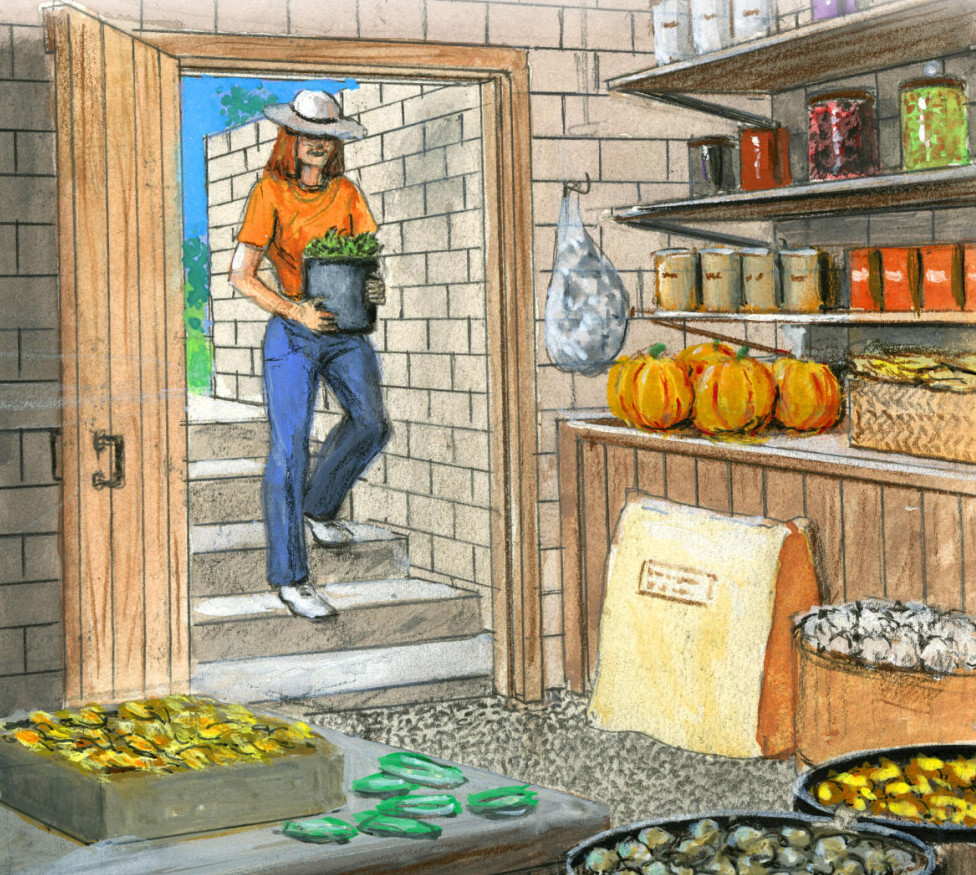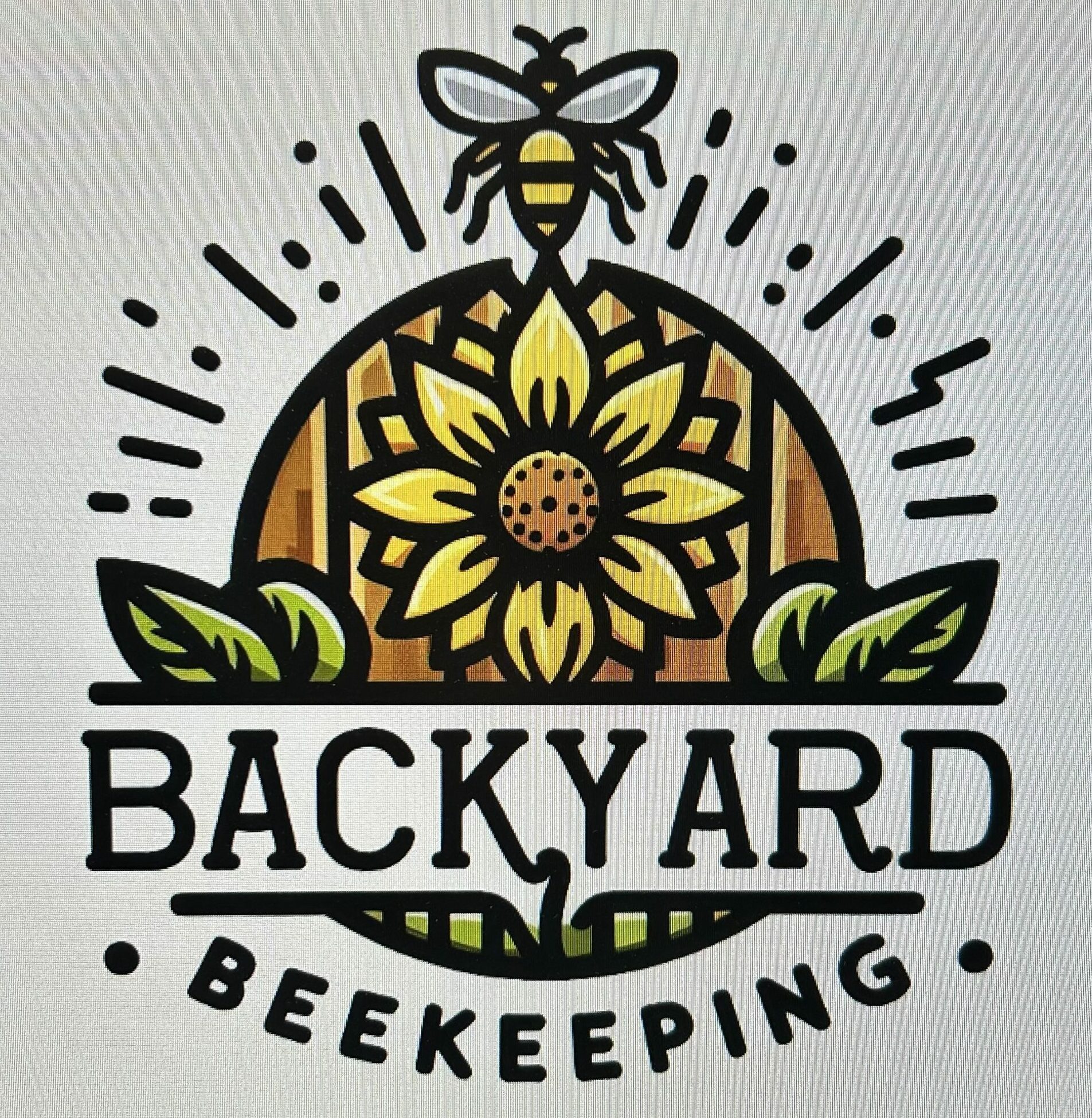Homesteading isn’t just about living off the land. It’s about embracing a lifestyle that’s all about sustainability, self-reliance, and simplicity. Imagine growing your food, raising animals, and creating what you need with your own hands. Sounds pretty rad, right? That’s the spirit of homesteading.

The roots of homesteading trace back to the days of pioneers who lived off the land because they had to. But even today, it’s making a massive comeback as folks look for ways to live more sustainably. We’re talking about getting back to basics: think veggie gardens, solar panels, and even homemade soap.
Modern homesteading mingles old-school techniques with today’s savvy innovations. It’s all about finding that sweet spot between tradition and technology. So, yes, you might be milking goats and preserving jars of tomatoes, but you’re also sharing tips on a blog or keeping track of your crops with an app.
Living this way offers some serious perks. First off, it’s a major boost for your physical and mental health. There’s something therapeutic about getting your hands dirty and seeing the fruits (and veggies) of your labor. Plus, it’s great for the environment. By producing what you need, you’re cutting down on waste and your carbon footprint.
The Vital Role of Bees in Homesteading
Bees are the unsung heroes of the homesteading world. These little pollinators pack a punch when it comes to boosting the health and productivity of your homestead. Their importance in ecosystems can’t be overstated. They help plants reproduce, which is crucial for food production and the overall health of our planet. In short, no bees, no flowers, and definitely no fruits and veggies.
Beekeeping is like giving your homestead a secret weapon. It’s a reciprocal relationship where the bees help your garden thrive, and in return, you provide them with a safe habitat. That means more blooms, more food, and a much healthier ecosystem right in your backyard.
Pollination is the primary way bees contribute to a flourishing garden and thriving crop. They flit from flower to flower, transferring pollen and letting plants do their thing. If you’re growing crops like tomatoes, peppers, or cucumbers, having bees around significantly up your harvest game. They don’t just make your garden pretty, they make it productive.
Let’s talk products: honey, wax, propolis, and more. Honey’s the obvious star, packed with natural sweetness and health benefits. But don’t sleep on beeswax, perfect for homemade candles and skincare products. Propolis, another gem, offers medicinal properties that some homesteaders swear by. These products make your homestead more self-sufficient and give you cool stuff to share or sell.
Bringing bees into the homesteading mix isn’t just about getting sweet honey. It’s about enhancing the entire homestead experience with healthier plants, more abundant crops, and a deeper connection with nature.
Integrating Beekeeping into Homesteading: The Blueprint
Starting beekeeping on your homestead is an exciting adventure. First things first, get a lay of the land. Find a good spot for your hives – somewhere sunny but shielded from strong winds. Bees love the morning sun, so an east-facing spot is a winner.
You’ll need some basic equipment: hives, protective clothing, a smoker to calm the bees, and a hive tool for maintenance. There are starter kits available that can make the process easier and ensure you’ve got everything you need without the guesswork.
Here’s a fun part – choosing your bees! Beginners usually start with package bees or nucs (short for nucleus colonies). Nucs come with several frames of brood (baby bees), a laying queen, and worker bees. A good start ensures a thriving colony.
Balance is key. Beekeeping can be a bit time-consuming, especially when you’re just starting. Regular hive inspections are crucial to monitor the health of your bees and prevent problems like diseases or pests. You’ll need to manage your time well to fit beekeeping alongside your other homesteading tasks like gardening or taking care of livestock.
Challenges are part of the journey, but don’t get disheartened. Common issues like mites or unpredictable weather can affect your bees. Joining a local beekeeping group or online community can be super helpful. Sharing tips and getting advice from experienced beekeepers can make a world of difference.
Advantages of Beekeeping for Homesteaders
Beekeeping offers impressive economic benefits for homesteaders. Selling honey and other bee products like beeswax candles, propolis, and royal jelly can add a nice boost to your income. Farmers’ markets, local stores, and even online platforms present excellent venues to showcase your products.
Environment-wise, keeping bees promotes biodiversity. Bees play a crucial role in pollinating plants and vegetables, which helps maintain healthy ecosystems. Plus, you’re supporting local bee populations, which is essential given the alarming global decline in bee numbers.
On the health and wellness front, honey isn’t just a treat; it’s packed with antioxidants, vitamins, and minerals. It’s great for sore throats, a natural sweetener, and can even help with allergies. Propolis and royal jelly offer medicinal benefits, from boosting immunity to promoting skin health.
Beekeeping also provides a great way to engage with your community. Sharing honey and knowledge about bees can spark interest and encourage others to start their beekeeping journey. Educational opportunities like workshops or beekeeping clubs can be fulfilling and connect you with fellow enthusiasts.
If you would like to receive the monthly newsletter from Beewhisperer360 drop your email address in the comments section.

Great lesson. Thanks